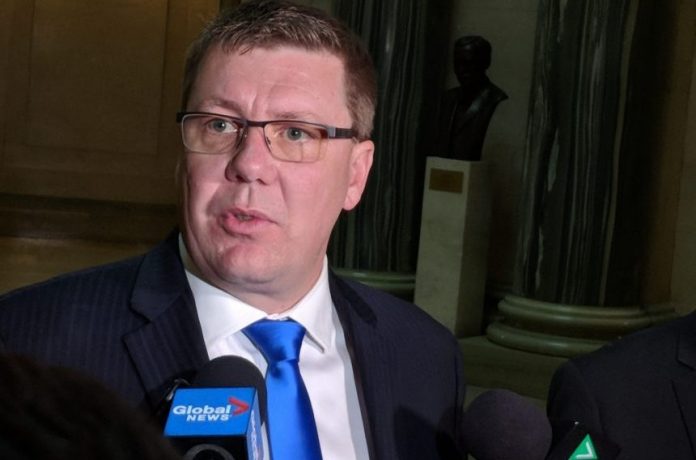Premier Scott Moe is set to make a historic apology on Monday morning for Saskatchewan’s role in the Sixties Scoop.
The Sixties Scoop refers to a period of Canadian history between the 1950s and 1980s when an estimated 20,000 Indigenous children were taken from their families and placed in non-Indigenous homes.
Melissa Parkyn was one of those children. She now co-chairs the Sixties Scoop Indigenous Society of Saskatchewan, an association of those who were caught up in the practice.
“They feel like it’s going to be a healing moment. A very emotional moment and a step in the direction for them to move on,” Parkyn said.
However, others question how much an apology would rectify past wrongs.
“Even if they gave me a million dollars, it’s not going to restore what was taken from me as a child,” said Rod Belanger in November, outside the last sharing circle held by the society to let former children talk about their experiences.
Stories from those sharing circles were compiled into a report for the government.
Parkyn said it also includes several recommendations, like doing more to educate people about the Sixties Scoop, and holding more sharing circles to reach those who haven’t recounted their experiences.
Another is to create a taskforce to help those caught up the Sixties Scoop find their child welfare records, needed in order to apply for the federal government’s settlement.
“Where they were born, how old were they and the date of apprehension,” Parkyn said. “To fit the criteria for the settlement, they have to be either a permanent ward or adopted. Some of them don’t know that information.”
When the premier delivers the apology, Parkyn also wants non-Indigenous people to pay attention and seek to understand.
“I just want them to know that our history wasn’t easy (and) just to be more sensitive on the topic,” she said. “Don’t be afraid to ask us questions and if they want to find out more, to get a hold of us.”
































